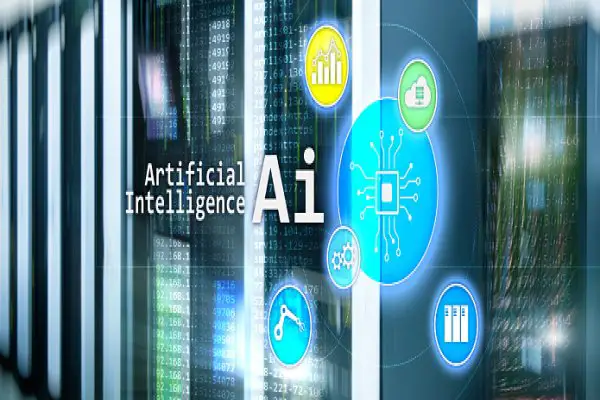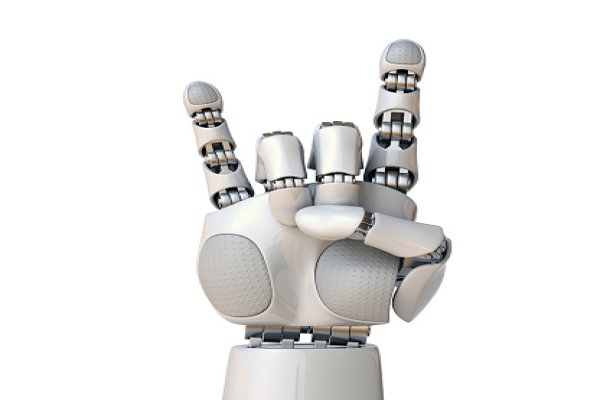The past 12 months have witnessed the emergence of some unconventional creators in the literary and artistic fields concerning productivity, skill set, and style. This includes a prolific writer who has ventured into diverse genres like poetry, fiction, essays, and dynamic visual artists offering intricate works of art.
These intelligent entities are not people but rather artificial intelligence systems. Seeming to possess a high level of intelligence, they give the impression at first that they are alive.
Appearances may be very persuasive. However, there is basic logic harboring behind ventures such as ChatGPT. This technology, marked by funded investments, widely acclaimed keynote, and offices in San Francisco, has a core of predicting; to demonstrate this, put something in and watch what happens.
It appears almost like an original author is responding to a request. Still, this impression is due to a neural network of algorithms that can accurately predict outcomes from web content. It does not understand or process the command before generating the response.
Predicting outcomes, big data, and machine learning – it is a process of coordinating those things to imitate real-life phenomena. For example, the most advanced AI systems today are examples of machine learning, where computational models learn to make predictions based on their analysis of voluminous data sets.
The main issues we must consider are the potential harms and opportunities these predictive systems can bring to our political, social, and economic decision-making. As it is unrelated to robots taking over the world or AI creating by itself, we should focus on when, what, how, and why they should be implemented.
In terms of how prediction should be applied when considering who receives a loan or mortgage, where police officers are assigned, which allegations of child abuse and neglect to investigate, or what posts to remove or results to display on Facebook, these answers will vary according to the specific question.
Using data-driven forecasts in policing has raised numerous moral and political queries different from the inquiries concerning its application to credit allocation – or even to structure and moderate the social landscape.
Our policy solutions for regulating organizations that employ data (linear models, machine learning, or AI) for decision-making must vary based on the industry we are addressing: policing, finance, or social media.
Using the challenges presented by predictive tools as our starting point, we need to develop regulatory solutions that keep a unified underlying principle in mind. This principle must be capable of informing solutions across all domains in which these predictive tools are used.
Democracy should flourish, and its progress draws out our understanding of principles like the need for political equality, a vibrant public sphere, and governance of AI, algorithms, and machine learning. Such principles create a vision to protect citizens from arbitrary decision-making and guide the usage of public-related infrastructure.
Human agency and choices by actual human beings are the first steps to identifying when building data-driven systems. Definitions of target variables and how engineers construct and predict label datasets and develop algorithms and training models require making informed decisions by computer scientists.
Computer scientists making everyday choices in government, nonprofits, and businesses are determining moral values and political direction. It is essential to understand this complexity better by studying it carefully.
When computer scientists and policymakers incorporated machine learning into their response plans for domestic child abuse complaints, they inadvertently utilized data drawn from decades of prejudicial policing. This discovery revealed the challenge in attempting to address such issues efficiently.
My research investigation reveals an absence of neutrality regarding creating predictive tools. Moreover, the choices in crafting such tools tend to repeat ancient issues with a remixed look. This attests to the political aspect involved in making these models.
Integrating democracy in artificial intelligence is critical for ensuring that AI development and deployment prioritize ethical considerations, accountability, and transparency. Democracy provides a framework for creating AI systems aligned with societal values and serving the common good. By involving diverse stakeholders in the decision-making process, from developers to end-users, AI systems can be designed to reflect a broad range of perspectives and avoid reinforcing existing biases or discrimination.
Source: press.princeton.edu



